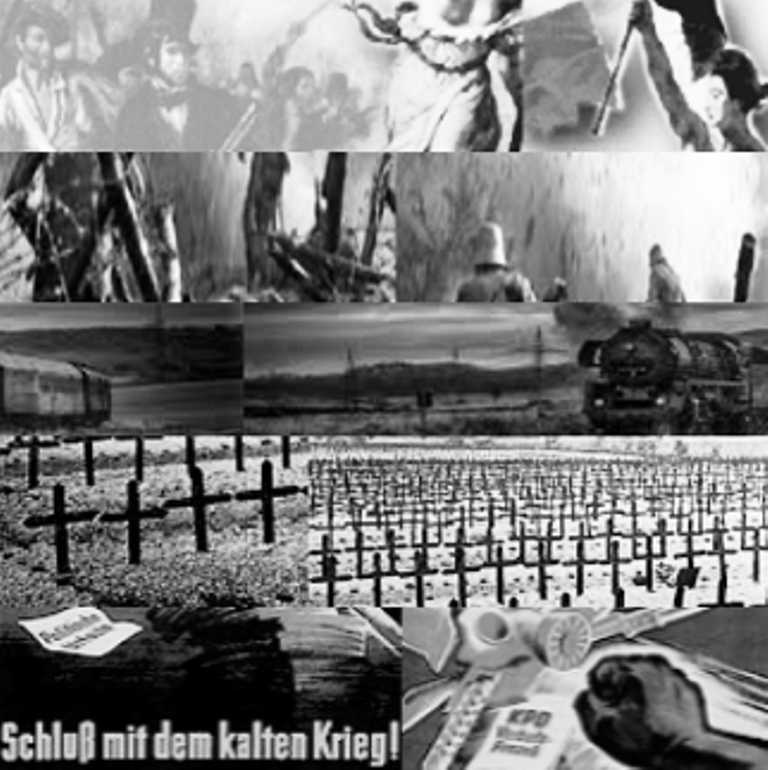Profil
Das Lehrgebiet unter der Leitung von Prof. Dr. Alexandra Przyrembel setzt sich in Forschung und Lehre mit der Geschichte der Europäischen Moderne und ihren Verflechtungen auseinander. Zu unseren Arbeitsschwerpunkten gehören die Kultur- und Wissensgeschichte aus transnationaler Perspektive, die Geschichte des Antisemitismus und der (nationalsozialistischen) Gewalt, die zeithistorische Protestgeschichte sowie die Erinnerungspolitik. Ein besonderes Augenmerk gilt zudem der Globalgeschichte des Kapitalismus. Dabei stehen insbesondere Fragen zu sozialer Ungleichheit und zu gesellschaftlichen Debatten über Reichtum und Vermögen im 20. Jahrhundert im Fokus.
Gleichzeitig sind wir uns der Bedeutung transnationaler und globaler Kontexte für unser Forschungsgebiet bewusst. Seit dem späten 18. Jahrhundert wurde die europäische Geschichte zu einer weltweit relevanten und mitunter auch problematischen Entwicklung, die die historische Erfahrung vieler Regionen geprägt hat. Mit Begriffen wie Verflechtung und Verdichtung verstehen wir daher die moderne (europäische) Geschichte als Gegenstand und Resultat lokaler, regionaler, nationaler und transnationaler Interessen, Konflikte und Akteure.
Wir interessieren uns besonders für die wechselseitigen Austauschprozesse zwischen unterschiedlichen Bevölkerungs- und Religionsgruppen sowie für daraus resultierende Formen politischer Ordnungen, Weltanschauungen, kultureller Identitäten und globaler ökonomischer Aktivität – namentlich in diesem Kontext werden die Vielfalt und Diversität der europäischen Moderne in ihrer historischen Prozesshaftigkeit greifbar. Schließlich sind wir uns der Ambivalenz der europäischen Moderne bewusst, wie sie nicht zuletzt in der Geschichte von Kolonialismus und Imperialismus, von Nationalsozialismus und anderen Formen totalitärer Herrschaft deutlich wird.
Gerne können Sie sich unter lehrgebiet.europaeischemoderne an uns wenden.
 Collage: FernUniversität
Collage: FernUniversität
Research and teaching at the department, headed by Prof. Dr. Alexandra Przyrembel, deal with the history of European modernity and its interrelations. Our work focuses on the history of culture and knowledge from a transnational perspective, the history of anti-Semitism and (National Socialist) violence, the history of contemporary protest and the politics of memory. In addition, special attention is paid to the global history of capitalism, particularly considering questions of social inequality as well as social debates on wealth and fortune in the 20th century.
At the same time, we are aware of the importance of transnational and global contexts for our field of research. Since the late 18th century, European history has become a globally relevant and sometimes problematic development that has shaped the historical experience of many regions. Based on terms such as interdependence and consolidation, we therefore understand modern (European) history as object and result of local, regional, national and transnational interests, conflicts and actors.
We are particularly interested in the reciprocal exchange processes between different demographic and religious groups as well as the resulting forms of political orders, world views, cultural identities and global economic activity - it is in this context that the variety and diversity of European modernity in its historical processuality becomes tangible. Ultimately, we are aware of the ambivalence of European modernity which becomes evident not least in the history of colonialism and imperialism, National Socialism and other forms of totalitarian rule.
Please feel free to contact us at lehrgebiet.europaeischemoderne.


